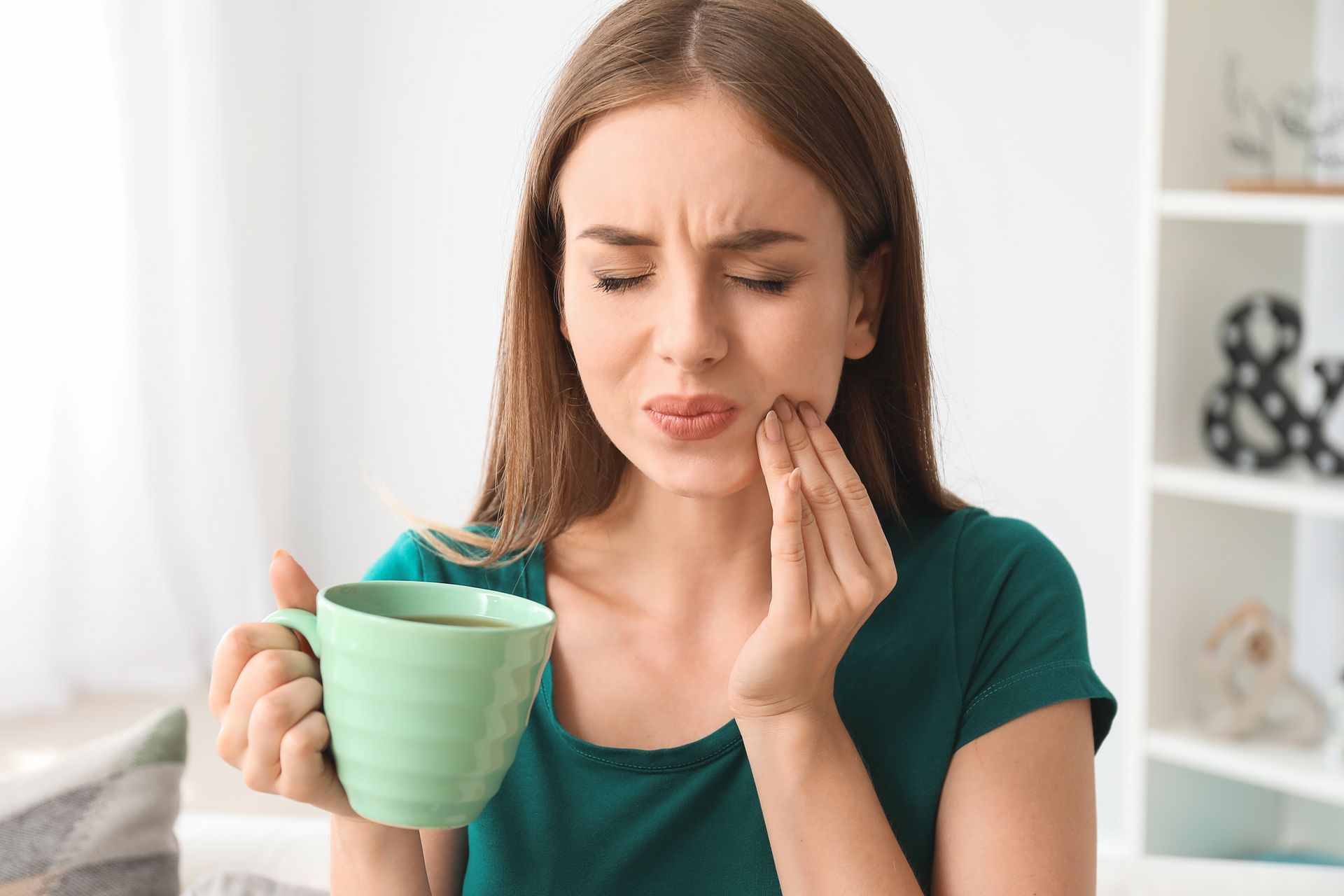Conquering Dental Anxiety with Sedation Dentistry at Aria Dental of Annapolis
Dental anxiety is a common issue faced by many people, often resulting in a reluctance to seek dental treatment and maintain regular dental check-ups. This avoidance can lead to the development of serious dental problems and negatively impact one's overall health. At Aria Dental of Annapolis, we understand the challenges that dental anxiety presents and are committed to providing gentle, family-oriented dental care for the adults and children of our Annapolis, MD community. One method we employ to help clients overcome dental anxiety is through sedation dentistry, a safe and effective way to ensure that your dental appointments are comfortable and stress-free.
In this blog post, we will delve into the world of sedation dentistry, discussing the various techniques and options available to help you conquer dental anxiety and receive the dental care you need. Furthermore, we will explore how our expert team at Aria Dental of Annapolis tailors the level of sedation to meet the individual needs and concerns of each patient. By understanding the benefits and applications of sedation dentistry, you can feel more at ease during your dental appointments, promoting a healthier and happier smile.
By learning more about sedation dentistry and how it can help you overcome dental anxiety, you can work towards achieving better oral health and a more confident, radiant smile.
Discover how Aria Dental of Annapolis can help you conquer dental anxiety with sedation dentistry, ensuring comfortable, stress-free dental appointments for a healthier smile.
Understanding Dental Anxiety
Dental anxiety, also known as dental phobia or odontophobia, is a widespread concern affecting millions of people. It manifests as an overwhelming fear or apprehension about visiting the dentist, usually stemming from previous negative dental experiences, an innate fear of pain, or simply the fear of the unknown. Dental anxiety can lead to postponing or avoiding dental appointments altogether, which can result in the worsening of oral health conditions and potential systemic health problems.
By acknowledging the challenges posed by dental anxiety and nurturing a supportive and understanding environment, our team at Aria Dental of Annapolis aims to make your dental appointments as comfortable and stress-free as possible.
Types of Sedation Dentistry
Sedation dentistry involves the administration of medications during dental treatments to help patients relax and alleviate anxiety. There are various types of sedation dentistry, each catering to different levels of dental anxiety and treatment needs. Let's explore the primary methods of sedation dentistry:
1. Nitrous Oxide (Laughing Gas): Nitrous oxide is a colorless, odorless gas that is inhaled through a mask placed over the nose during dental treatments. The gas induces a state of relaxation and can help minimize pain, allowing you to remain calm and anxiety-free during the procedure. The effects of nitrous oxide are short-lived, and once the gas is discontinued, you can return to your normal activities relatively quickly.
2. Oral Sedation: Oral sedation involves taking a prescribed medication, usually in the form of a pill, prior to your dental appointment. The medication helps to reduce anxiety and promote relaxation. The level of sedation and length of effect will depend on the specific medication and dosage. While under oral sedation, you will remain awake but may feel drowsy and have limited recollection of the procedure. Due to the longer-lasting effects, you may need someone to drive you to and from your appointment.
3. IV Sedation: Intravenous (IV) sedation administers sedative medication directly into the bloodstream, producing a profound state of relaxation and drowsiness. With IV sedation, you will remain conscious but may have little to no memory of the procedure. The depth of sedation can be adjusted more precisely than with oral sedation, making it a popular choice for more complex dental procedures or higher levels of anxiety. It's essential to have someone accompany you to your appointment when receiving IV sedation, as the effects may take longer to wear off.
Risks and Benefits of Sedation Dentistry
Sedation dentistry offers numerous benefits, particularly for those experiencing dental anxiety. Some of the top advantages of sedation dentistry include:
1. Alleviation of Dental Anxiety: Sedation dentistry helps patients overcome dental anxiety, making dental visits more comfortable and less stressful.
2. Faster Treatment Times: When patients are relaxed and anxiety-free, dental procedures can often be completed more quickly and efficiently.
3. Reduced Gag Reflex: Sedation dentistry can help suppress the gag reflex, making it easier for both the patient and dentist to complete treatments effectively.
4. Memory Suppression: Sedation dentistry often results in limited recollection of the dental procedure, allowing patients with dental anxiety to dissociate from the experience.
Sedation dentistry is generally considered safe for most patients. However, some risks and side effects may arise, which should be discussed with your dentist prior to deciding on a sedation method. Individuals with certain medical conditions, such as respiratory or cardiovascular issues, may need to undergo additional evaluations before receiving sedation.
Customizing Sedation Dentistry at Aria Dental of Annapolis
At Aria Dental of Annapolis, we understand that each patient's dental anxiety and needs are unique. That's why we carefully evaluate your medical history, specific dental concerns, and anxiety levels to determine the most suitable sedation option for your specific situation. Through personalized sedation dentistry, we aim to ensure comfortable and stress-free dental experiences for all our patients.
Conclusion
Dental anxiety is a common challenge faced by many individuals, but with the help of sedation dentistry, you can conquer your fears and maintain optimal oral health. At Aria Dental of Annapolis, we are committed to providing compassionate
Annapolis dental care tailored to your unique needs. Book an appointment with us today to learn more about how sedation dentistry can make your dental appointments more comfortable and anxiety-free, ensuring a healthy and radiant smile for years to come.



Share This Post

